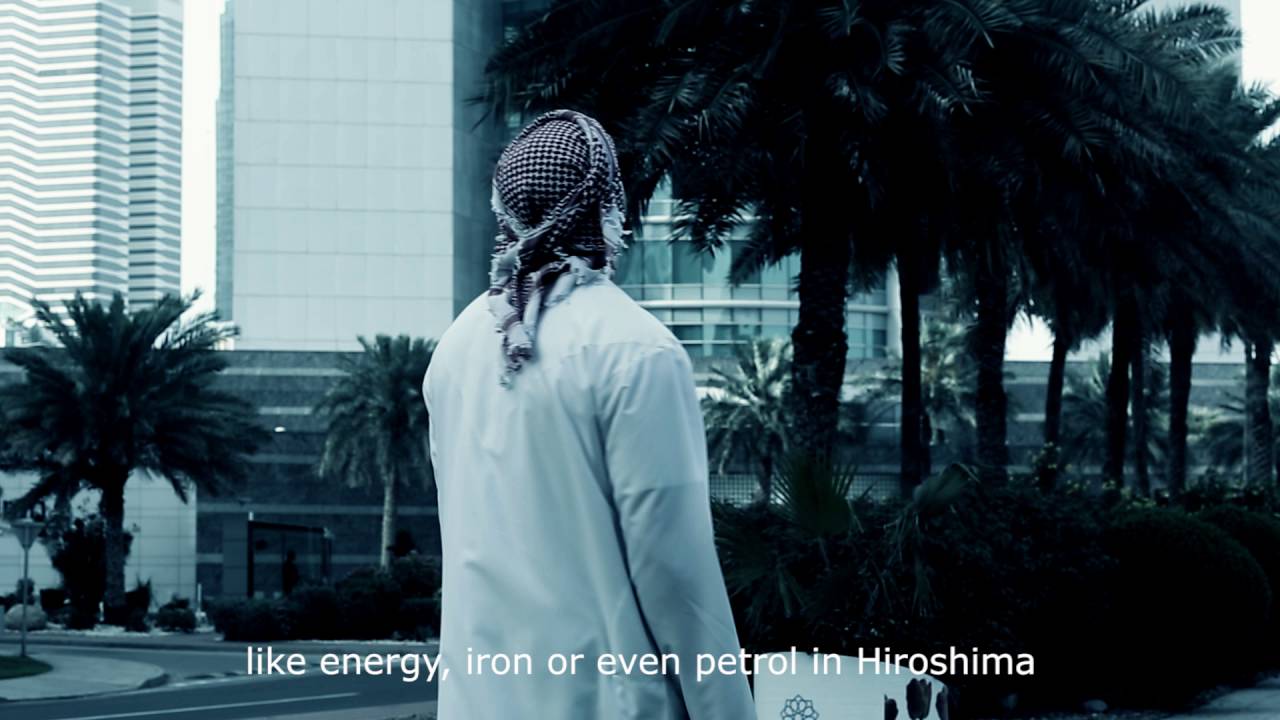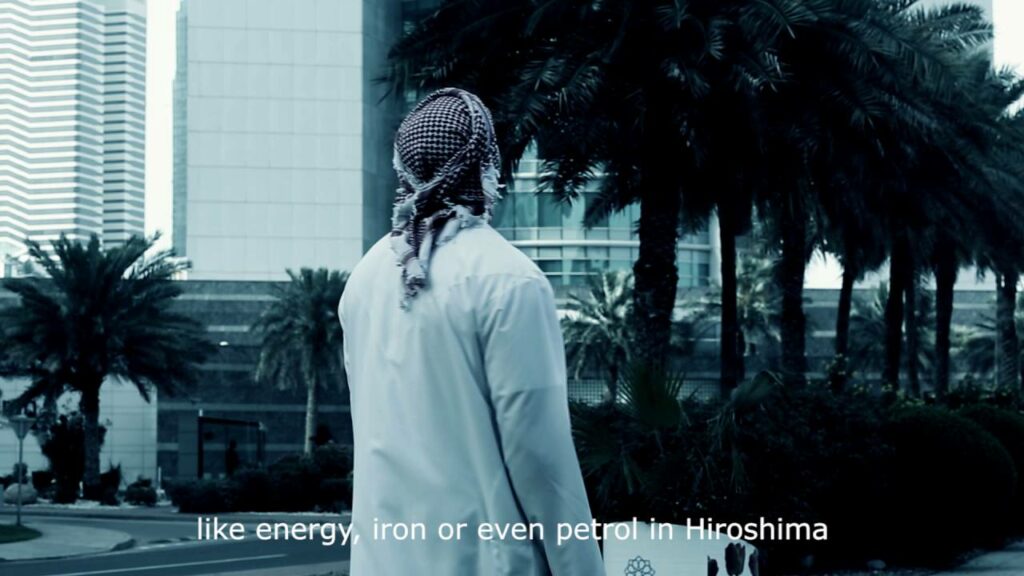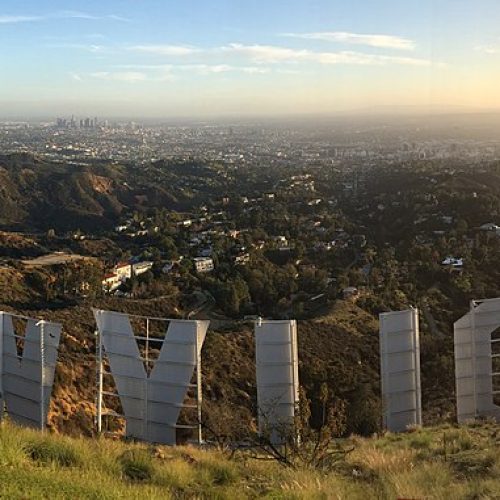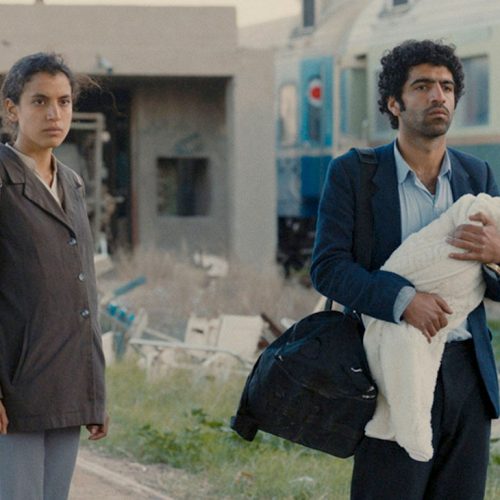As illustrated by the emergence of the annual Maksoon sci-fi film festival in Beirut, the genre in its multidisciplinary, shape-shifting form has warped onto the regional arts scene. Across the sea, Shubbak Festival in London hosted a panel on sci-fi, whilst Iraqi author Hassan Blasim has created a futurist Iraqi anthology.
The region’s affiliation to sci-fi actually goes as far back as the 13th century, when Ibn Al-Nafis wrote Theologus Autodidactus, which is believed to be one of the first sci-fi texts, including (worryingly predictable) instances such as a desert apocalypse. Also, OG classic One Thousand and One Nights is pretty sci-fi itself, introducing fantasy narratives of proto-cyborgs long before Metropolis or Donna Haraway.
Now, with the emergence of Arab futurism and climate crisis, sci-fi in the region has taken a revolutionary stance. Rather than offering an escape, contemporary sci-fi imagines reality as it is – and how it will be in the future if we fail to do anything about it. Predicting the impending and inevitable environmental (and anthropogenic, inherently political) apocalypse, Arab filmmakers have been screening their concerns.
Mostly by female directors, and within the art-house bracket, these are MILLE’s favourite contemporary sci-fi films from the region.
Nation Estate (2012), dir. Larissa Sansour

Undoubtedly my favourite contemporary sci-fi director, Palestinian multimedia artist Larissa Sansour is known for her experimental sci-fi shorts. Nation Estate, her must popular work, depicts Palestine as a skyscraper, with each floor representing a city in Palestine – a clinically dystopian, yet humorous approach to the deadlock in the region’s disputes.
Ouroboros (2017), dir. Basma Alsharif

With music composed by hurdy-gurdy musician Yann Gourdon, this experimental film by Kuwaiti artist Basma Alsharif is one of her most surreal trips. Rather than showing us a future we’re not familiar with, Ouroboros depicts an endless cycle where the future is continually presented to us as a dystopian yet recognisable past. Asking what it means to be human when humanity fails, the film is a homage to the Gaza Strip and to the possibility of hope beyond hopelessness.
Aerials (2016), dir. S. A. Zaidi

A sci-fi film in the form of a Hollywood blockbuster, this film is inclusive and has international appeal, differing to the other highly-experimental art-house sci-fi films emerging from the region. An Emirati science fiction film set in the city of Dubai, Aerials portrays an alien invasion over the city. A horror-apocalypse-blockbuster with mainstream appeal, not to be missed.
Scales / Sayidat Al Bahr (2019), dir. Shahad Ameen

Set to premiere at this year’s Venice Film Festival, Scales is the story of a young girl in a dystopian landscape, in which every family must give one daughter to the sea creatures that inhabit the waters nearby. Acting as an allegory for traditional female Arab marriage, you can’t ask for more from a sci-fi film than both feminism and mermaids.
Submarine (2016), dir. Mounia Akl

Under the imminent threat of Lebanon’s garbage crisis, Hala refuses evacuation, clinging on to her city as it was before the environmental crisis. The rest of the inhabitants admit defeat – showing how, if we fail to be proactive in protecting our environment now, it will bite us back in the future.









